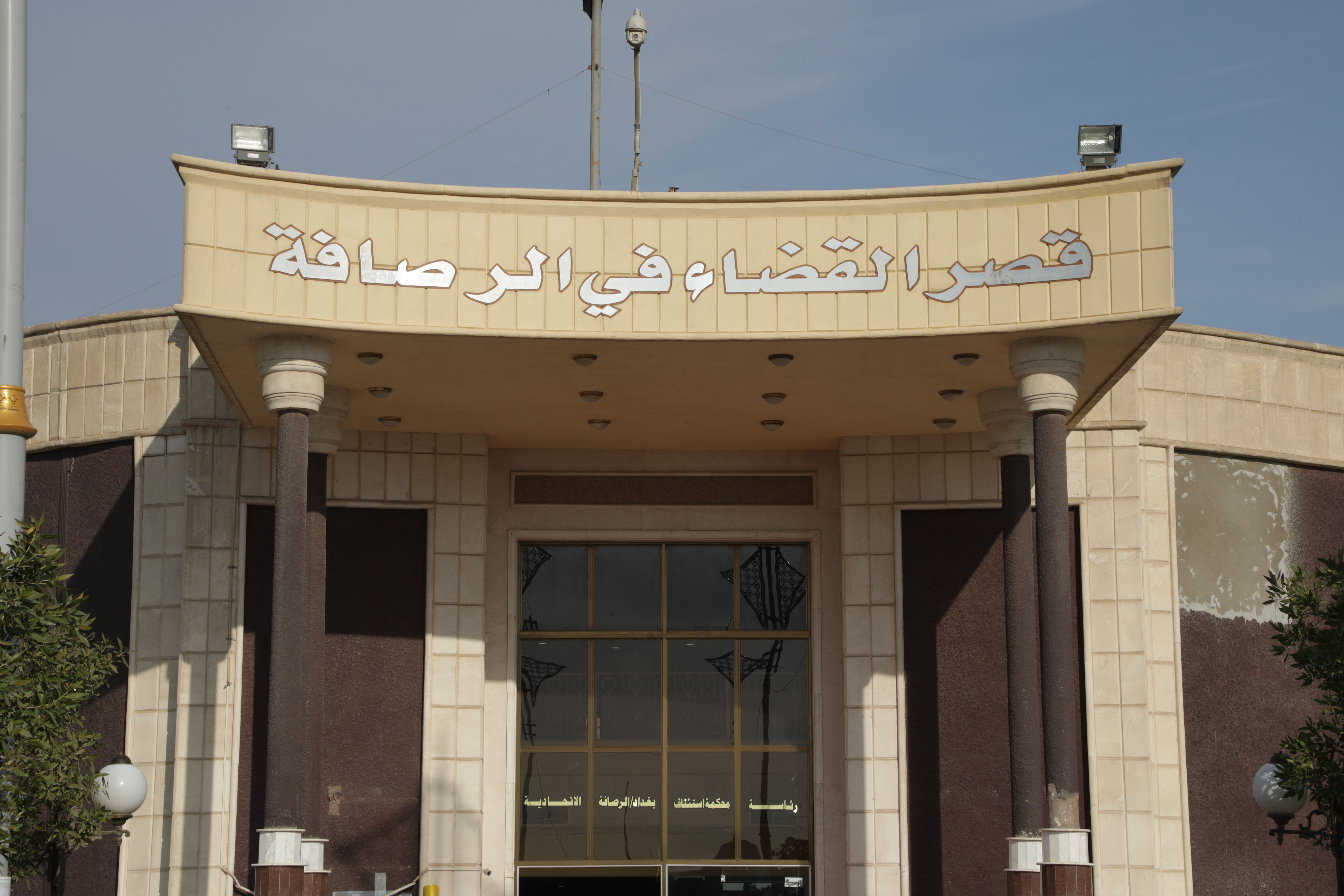
For over three years, the Iraqi government and its Western allies fought against ISIS in what has been coined by some as the battle of our times. The grueling, nine-month-long operation to reclaim Mosul was described as the fiercest urban combat since World War II, claiming tens of thousands of lives and leaving Iraq's second largest city in ruins. In December 2017, Prime Minister Haider Al Abadi announced that the war was finally over, that the terror group that once held a third of Iraq's territory had officially been defeated. But the government now faces another momentous task: It must separate the good from the evil, bring perpetrators to account, and deliver justice for the victims of ISIS, all while avoiding the pitfalls of poor governance that helped bring about the terror group's rise.
The scale of the undertaking poses a challenge for Iraq's overburdened judicial system. According to a judge at Baghdad's central criminal court, the court delivered verdicts for around 2,800 ISIS suspects in 2017 alone. Thousands more linger in crowded prisons, often waiting for months, sometimes years, for a trial that only lasts a few minutes.
Views on whether the process is just differ starkly. Judges and prosecutors claim that ISIS has trained its members on how to sabotage the judicial process by exploiting their rights as defendants and alleging procedural violations like torture that sometimes result in the dismissal of their case. Private lawyers stay away from complicated cases in fear of retribution, arrest and social stigma. The relatives of those arrested see the process as yet another tool to oppress the Sunni community, while some accuse lawyers and investigators of financially exploiting desperate relatives.
Such sharp clashes in opinion highlight the deep mistrust in Iraqi society in the wake of the war against ISIS. Instead of mending intercommunal rifts, the justice process could further polarize Iraq's fractured society, raising fears of yet another cycle of violence.







